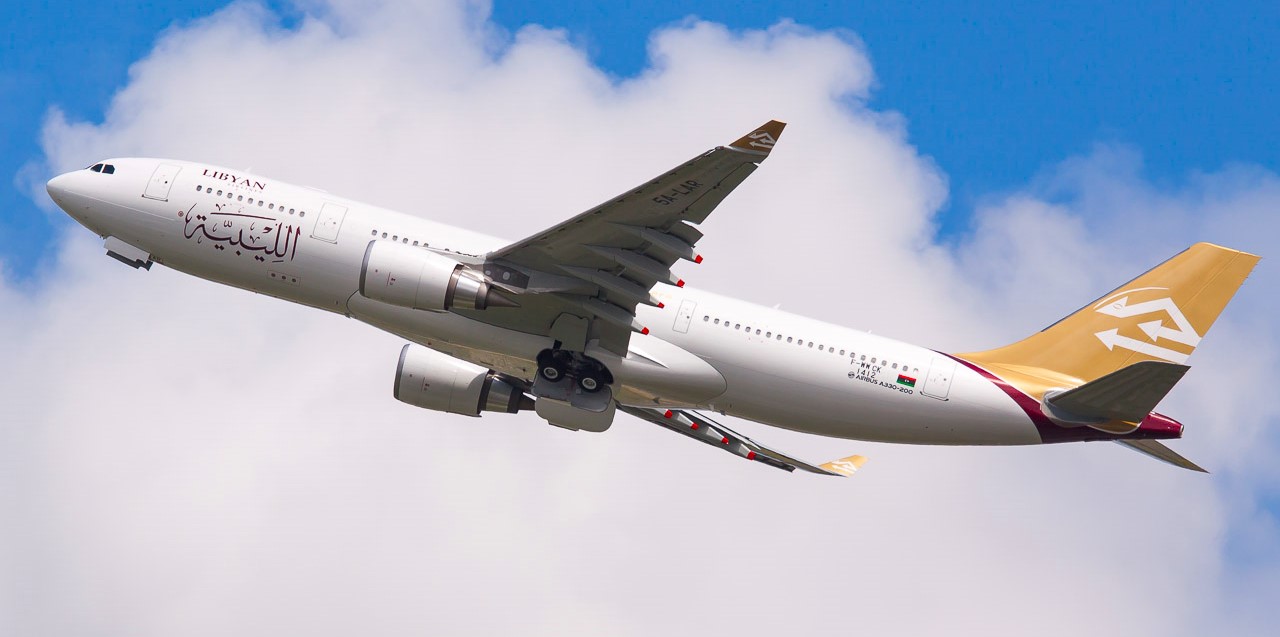


On Saturday, the European Commission upheld its decision to ban Libyan airlines from operating within European airports, keeping them on the European Union’s aviation blacklist. The European Commission’s last renewal of the ban was in January 2022, underscored ongoing apprehensions about safety and security in the country.
First reported by AFRICA INTELLIGENCE, this decision continues the ban imposed by the Commission in December 2014, which prohibited Libyan airline flights from passing through the airspace of EU member states due to concerns over aviation safety standards amidst Libya’s ongoing security issues.
Earlier this year, Libya expected the lifting of the ban that would have been a pivotal moment for Libya, with a promise to restore vital air links and signalling the country’s improved stability and adherence to international safety protocols.
The EU Air Safety List actually contains two lists: The first list (Annex A) includes all airlines banned from operating in Europe. The second list (Annex B) includes airlines that are restricted from operating under certain conditions in Europe. Both lists are updated regularly and published in the Official Journal of the European Union.
The EU blacklist currently includes seven Libyan airlines, including Libyan Airlines, Afriqiyah Airways, and Air Libya. These airlines are barred from conducting flights to or from EU member states.
The European Union’s aviation blacklist, officially known as the “EU Air Safety List,” is a tool used by the EU to ensure the highest level of aviation safety for European citizens.
Airlines placed on this list are banned from operating in European airspace due to inadequate safety standards, often determined through audits and assessments conducted by the European Aviation Safety Agency (EASA) and other relevant bodies.
Similar News...
The EU Air Safety Committee consists of aviation safety experts from the Commission, from each of the 28 Member States of the Union, as well as from Norway, Iceland, Switzerland, and the European Aviation Safety Agency (EASA).
Libya has been embroiled in conflict and political instability since the fall of Muammar Gaddafi’s regime in 2011. This instability has significantly impacted various sectors, including aviation. The safety concerns cited by the European Commission in 2014 stem from repeated security issues and the lack of a reliable regulatory framework for civil aviation in Libya.
Now, maintaining the Libyan carriers on the EU blacklist has significant implications for the country’s connectivity and economy. With seven airlines affected, including the major carriers Libyan Airlines and Afriqiyah Airways, the ban restricts the ability of these companies to operate lucrative routes to Europe, impacting revenue and international business.
Efforts to address these safety concerns have been ongoing, with Libyan authorities seeking to improve regulatory oversight and compliance with international aviation standards. However, the persistent security challenges and the complexity of the political situation have hindered significant progress.
Italy, Libya's former colonial power, and the Mediterranean island nation of Malta are now the only European countries to have resumed flights with Libya.
The European Commission regularly reviews the EU Air Safety List, providing updates based on the latest safety assessments.
While the continued inclusion of Libyan airlines underscores ongoing safety concerns, it also reflects the broader challenges faced by the country in stabilizing and securing its aviation infrastructure.
With more than 800 million passengers using 450 airports, and with 150 scheduled airlines, the European Union is a key player in global aviation: a third of the world market.
You may like to read.....
